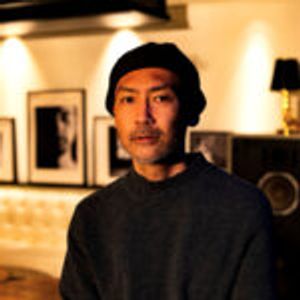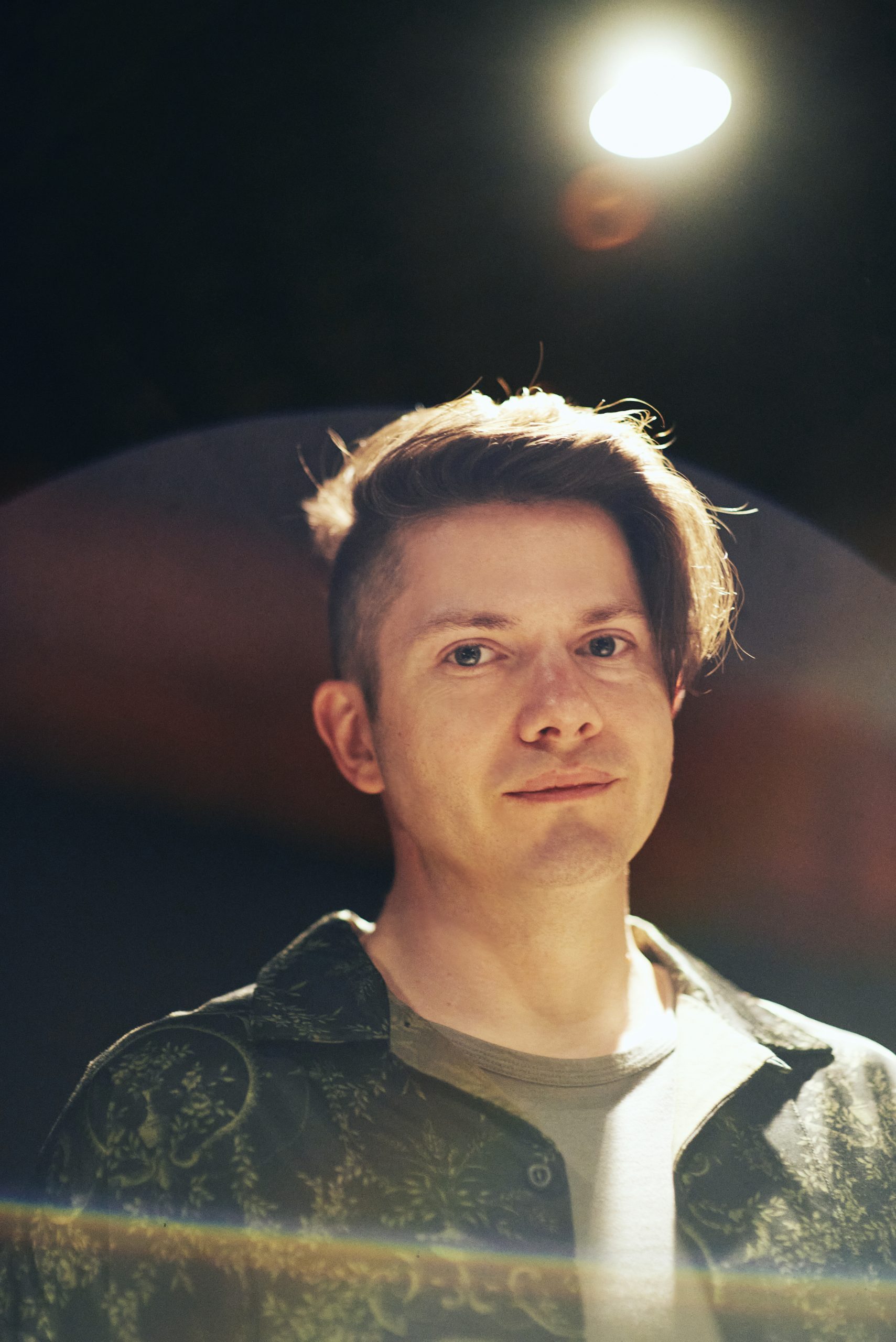
OAU
In 2005, all of the BRAHMAN members—TOSHI-LOW (vocals, bouzouki, acoustic guitar), KOHKI (acoustic guitar), MAKOTO (contrabass), and RONZI (drums)—created a six-person acoustic band, OVERGROUND ACOUSTIC UNDERGROUND, with violinist and frontman Martin (vocals, violin, acoustic guitar) and percussionist KAKUEI (percussions). The band incorporated traditional roots music, like music from the West, to create an organic musicality and live performances that combined delicateness and dynamism, which captured the attention of many people. Aside from playing at big festivals in the country and live shows abroad, they started organizing a camp festival called New Acoustic Camp in 2010, where all performing artists strictly play acoustic instruments. OVERGROUND ACOUSTIC UNDERGROUND changed their name to OAU in April 2019. They released their new album, Tradition, on April 12th, 2023.
http://oau-tc.com
Twitter:@tacticsrecords
Facebook:https://www.facebook.com/OAU.jp
Instagram:@oau.jp
YouTube:@OAUchannel
OAU, an acoustic sextet drawing from and modernizing roots music like Irish folk and country music, has released their latest album, Tradition. Their first album in four years since their previous eponymous LP retains the musical concept OAU’s always had while simultaneously incorporating elements from the 80s and 90s, which one can consider “oldies.” As such, Tradition is an expansion of the very definition of OAU. Right after the band released their previous album, the pandemic hit the world and put it into lockdown; how did OAU make the best “dance music” possible during such times? We sat down to talk to Martin, one of the songwriters and the producer of the band, about the process behind making the album.
The meaning of Tradition
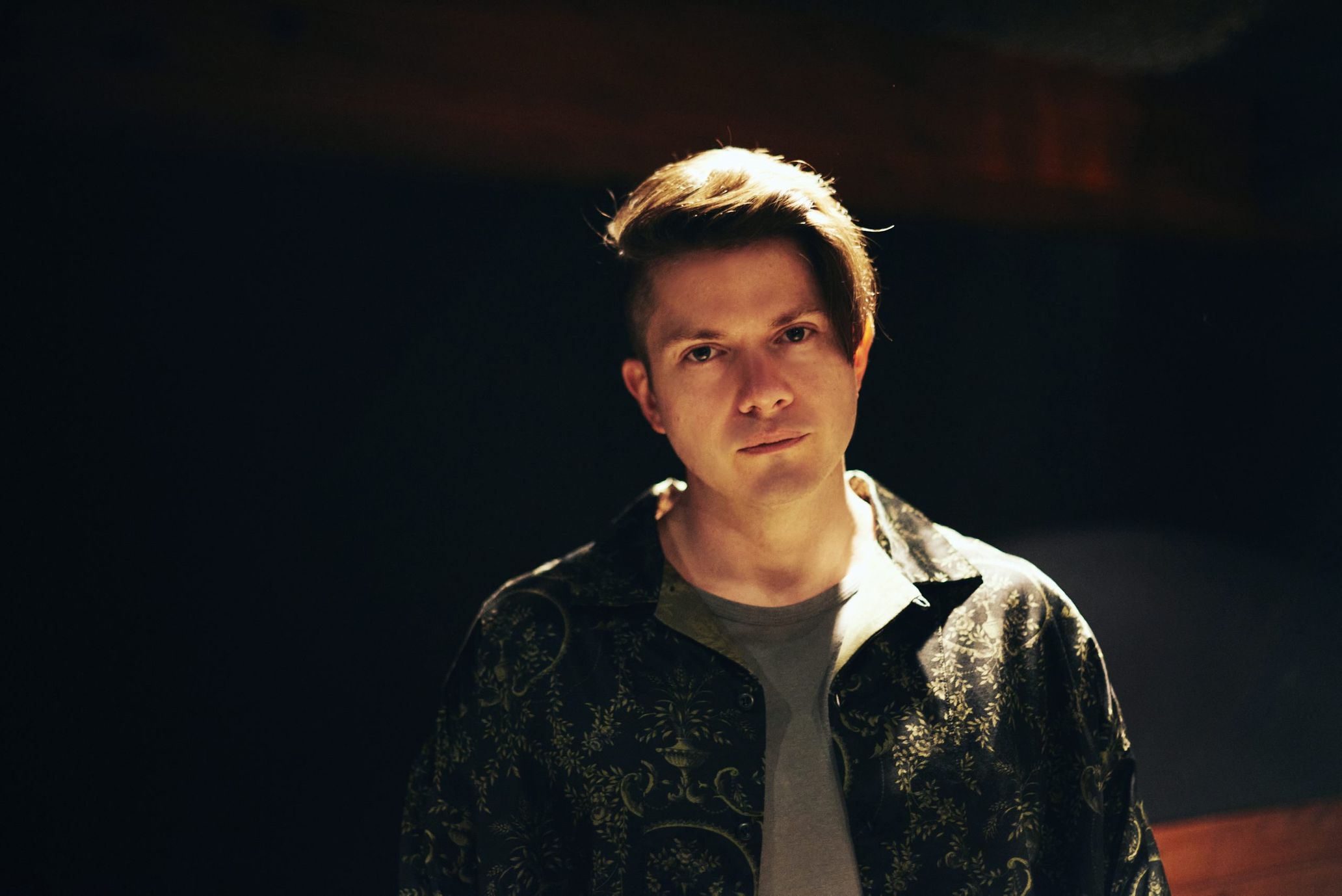
—When did you start working on the album?
Martin: After finishing our previous album, OAU, we continued making music even after the pandemic hit. We had quite a few complete songs by last year, so we were like, “Let’s put out a collection of songs before the album,” which is how we came to release our five-song EP, New Spring Harvest. Our latest 14-song album includes songs we had saved up and new songs we made from last year.
We had some ideas for the album before covid. Some of the songs are back from 2019. But we started working on it seriously once the pandemic hit. Lockdowns were already taking place overseas, and we felt like we couldn’t leave our houses for a while with the way things were. A part of me saw it as an opportunity. Things were difficult then, but I believed the end was coming one day and that if we put out a great album, it would lead to bigger things.
—The title, Tradition, stands out to me, as the album feels more contemporary than the previous one.
Martin: Back when we had just started OAU, our vision was to mix traditional music from various countries, like folk music, with pop and make it our own. So, we always have that old and nostalgic feel to our songs, but we also felt like for young people today, even 80s and 90s music might sound like oldies music. Those [eras] are proper traditions now.
—Right. In “Yumeno Tsuzukiwo,” there’s a synth riff with an arpeggiator-like effect.
Martin: It sounds very 90s, right (laughs)? That’s an acoustic guitar, not a synth. It sounds like that because we put a delay effect and slapped the guitar. It’s close to 90s trance music, like Paul Oakenfold. You can even consider trance music as oldies because it’s from 30 years ago.
But what’s the fun in using a synth for what we did? You can say that song is the start of our experiments; we wanted to see how we could use our usual acoustic instruments. I genuinely think KOHKI, who made that sound, is a genius.
TOSHI-LOW’s Japanese lyrics
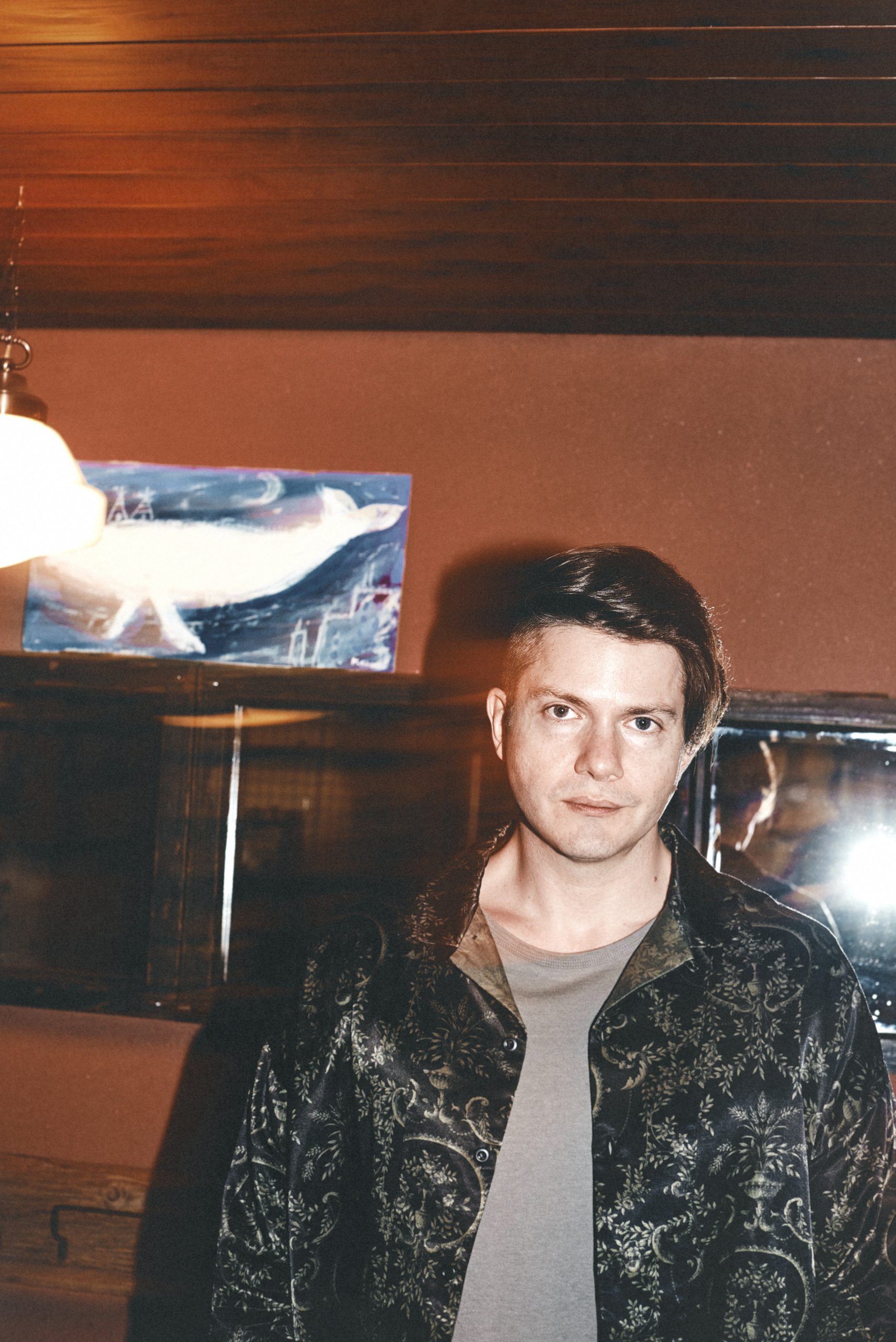
—In this case, “tradition” encompasses traditional music from various periods. Moreover, you modernize such music into pop. “This Song –Planxty Irwin-” is a pop reimagination of a traditional 400-year-strong Irish song with Japanese lyrics. It has a contemporary OAU feel to it.
Martin: “Planxty Irwin” is an instrumental song by Turlough O’Carolan, a blind Celtic harper, someone you’ll undoubtedly learn about once you get into Celtic music. My parents are musicians, and whenever we played instruments together as a family, we always played that song. It’s a traditional song that I’m familiar with, like a lullaby.
One day, we decided to play it in the studio, and it was so emotional. We felt it’d be even better with words, so we arranged the song to make the melody stand out. TOSHI-LOW wrote the lyrics. It turned out to be an exciting song with a blend of different roots music; it makes you think, “Where in the world was this song made?”
—What made you want TOSHI-LOW to sing in Japanese rather than English?
Martin: If we just added English lyrics, bands from English-speaking countries could do that too. Japanese lyrics were more suitable to make the song sound original, and since we’re based in Japan, people would understand the song more that way. It’s fascinating how an ancient traditional Irish song flew over to Japan, so to speak, spreading widely among Japanese listeners as a Japanese song.
—It’s incredible how a Celtic melody has struck a chord with Japanese people.
Martin: I’ve always thought the older music is, the more they all sound alike. Every country used drums and flutes, and ancient flutes usually only had single sounds and around eight holes. The melodies you could play were limited too. The simpler drums are, the more people will play similar patterns, right?
This album has another Irish folk-ish instrumental called “Blackthorn’s Jig.” That song also has a groove reminiscent of Okinawan music. There’s also an African rhythm mixed in there, so it could sound like a song combining Irish, Japanese, and African elements.
—Did TOSHI-LOW-san handle the lyrics and theme?
Martin: I know TOSHI-LOW will always come up with something lyrically great, so there’s not much for me to say to him. We decided on a detailed theme with our previous album, OAU. This time, I believe each of our individuality is stronger.
I’m usually in the studio to produce the album recording, but since our direction became clearer with our previous work, I now rarely say things like, “Play it like this.” We shared the vision we had [for the album] with each other, so we got the sounds and phrases we wanted as expected and naturally.
—What about your lyrics? Is there an underlying message throughout the entire album?
Martin: I wonder… My lyrics are a bit more basic than TOSHI-LOW. I wrote the lyrics hoping some sort of theme would emerge from the story rather than searching hard for a theme. Both TOSHI-LOW and I clearly know what we want to say, but the content of my lyrics is a bit more positive, so I think we have a good balance. We’re like day and night (laughs).
Martin’s love for his family and daughter
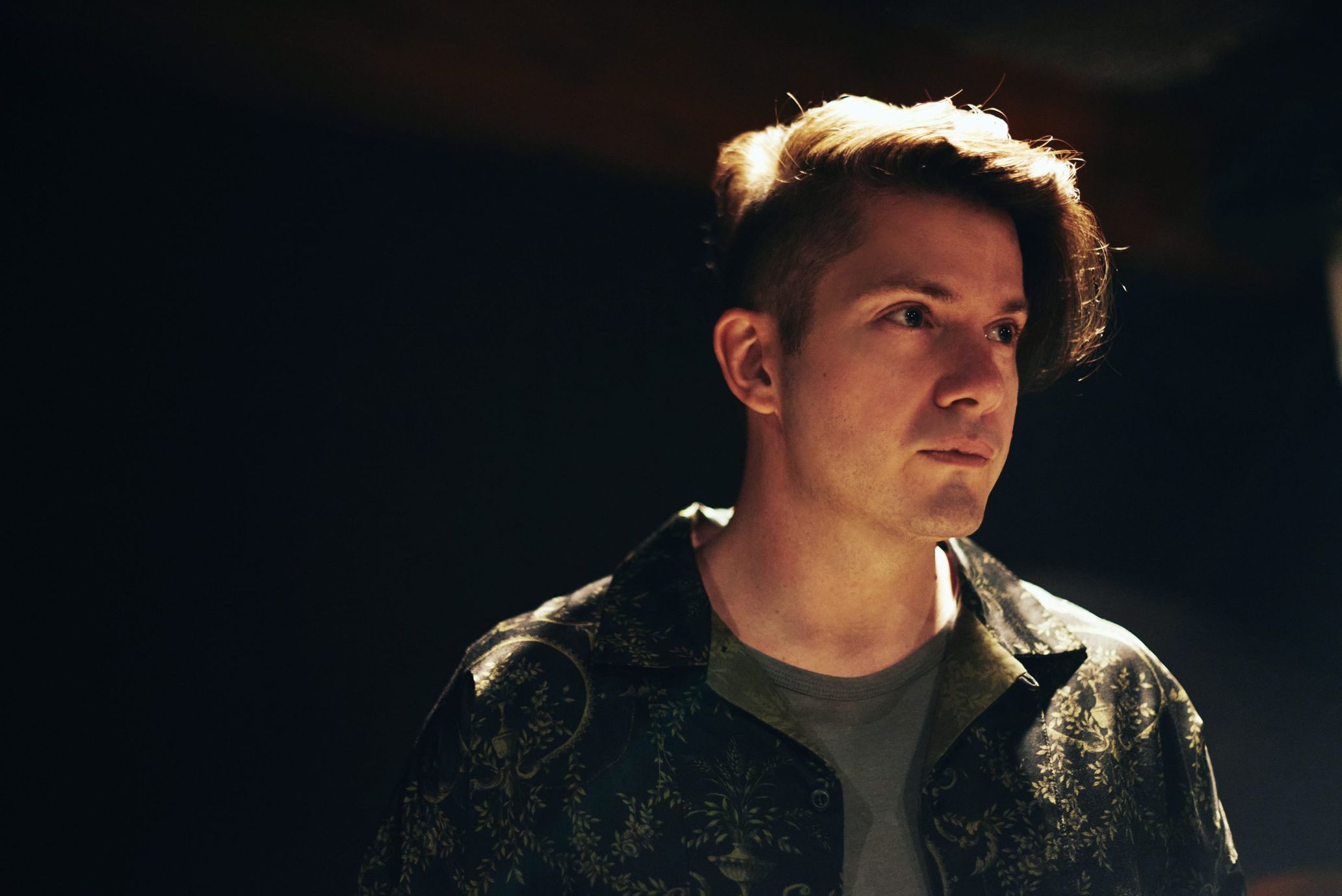
—I felt like the opening track, “Old Road,” is almost like a manifesto, where you sing about starting your life again in this post-covid world.
Martin: That’s also true, but this song is about traveling and the loneliness that comes with it: you want to run back to your loved ones, but if someone were to ask you if you’d go on that same trip again, you’d probably say yes. It’s about that sort of feeling. The most important thing is family. We were strongly reminded of that, thanks to the pandemic. We could determine who and what was important to us because we couldn’t see people.
—The lyrics to” Homeward Bound” also talk about wanting to return to your family.
Martin: The lyrics are saying, “I’m almost home” and” Wait for me!” I sing about something similar on “Change,” which is included in our rerecorded best hits album, Re: New Acoustic Life, which came out in 2020: “The world has changed so much, but my feelings toward my family haven’t changed at all.” We were able to go on tour during the pandemic, which might be why I started writing about my family a lot.
—The lyrics to “Time’s a River,” which also compare time to a river, are impactful.
Martin: I turned 40 this year, and I have a daughter who turned 20. When I think about how my daughter was born when I was around her age, I can feel how much time has passed. It surprises me, like, “My very own daughter is 20 years old already?” (laughs). The flow of time doesn’t stop. Truly.
This also applies to me. I never sensed these things when I was young, but I finally became aware of death and illness once I reached this turning point. I constantly contemplate how I want to live the rest of my life, and I sing about that in this song too. In other words, I’ve gotten older (laughs). Of course, this is also a song to encourage my daughter.
—The river flows into the ocean, which turns into water vapor and returns to the river again. Another characteristic of this song is how you describe time as something that returns, like a river (“The time has come again”).
Martin: Yeah. When my daughter has her own kids, I’m sure the day will come when she’ll be surprised by how fast they grow. That cycle will continue in the future forever. I hope they can live a better life than mine. I mean, my life is pretty good, though (laughs).
The anticipation to see people’s smiles
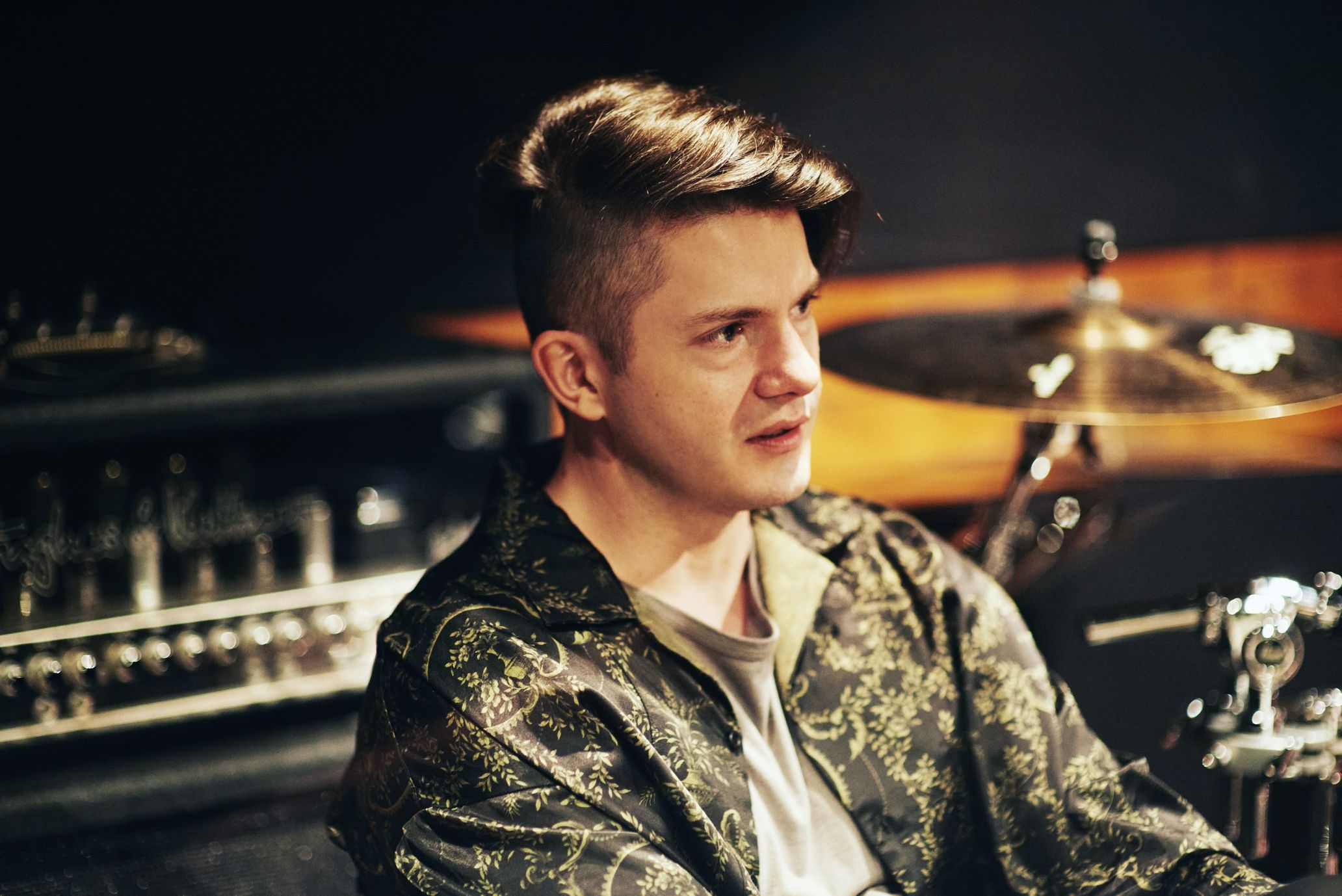
—The album has two instrumentals, “Blackthorn’s Jig” and “Linden.” “Blackthorn’s Jig” reminds you that Celtic music is dance music. The rhythm is energetic, and when I listen to the Irish scales gradually repeat themselves, it puts me in a trance.
Martin: You’re right. TOSHI-LOW played the bouzouki, and I played the violin in unison, so I think we’d have fun and get the crowd going if we played this song live. Kaku-san (KAKUEI) played the sekere, an African tribal instrument. As I said before, African and Okinawan grooves are very similar. It’s impossible not to dance to that “da-da, da-da, da-da” beat, which feels upbeat (laughs).
—In contrast, “Linden” is a calm, beautiful number.
Martin: KOHKI made that song all by himself in the studio. I make the foundation of our songs, so they always sound like something I would make, but this one is totally KOHKI’s world. He loves soul music, R&B, and funk, and you can hear KOHKI’s preferences in “Homeward Bound.” But “Linden” is slower and jazzier. I love it. It takes on the role of an interlude-like track on the album and is short, but I’d love to play it longer on stage.
—The line, “All I need is all I want” from “Without You,” speaks to me.
Martin: I also sing about the things covid made me realize. Seeing so many lives being lost in front of my eyes made me realize that I wanted a simple life with no excessive belongings. Even if you collect many things, you can’t bring them after death. I want to cherish the lives around me and the lives of my friends and family. I never had a lot of material things anyway. My father’s very materialistic, and his house is filled with things so it might be a reaction against that (laughs).
—Listening to you talk, I realized this album shows me what’s essential to me and what I should value during the ongoing pandemic and war. I’m sure your bandmates have all realized this while making the album. How do you feel now that the album is complete?
Martin: I’m like, “I need to make the next album, fast” (laughs). The second I checked the album’s mastering, I was like, “Alright, onto the next!” I want us to put out a new album by next year so that it’d connect nicely with this one. We must prepare for it, or else we won’t make it on time.
—You’re going on tour soon. What are your thoughts on that?
Martin: We played at a festival the other day, and the audience sang along so loudly. I hadn’t sung along with many people for around three years, so I almost cried when I saw the crowd. You can dance, you can sing. Maybe people can take their masks off once our tour starts. I’m so excited. Plus, we’re going to and performing in places we usually don’t have the chance to visit, like Sapporo. I can’t wait to see everyone’s smiling faces.
Translation Lena Grace Suda
Photography Hironori Sakunaga
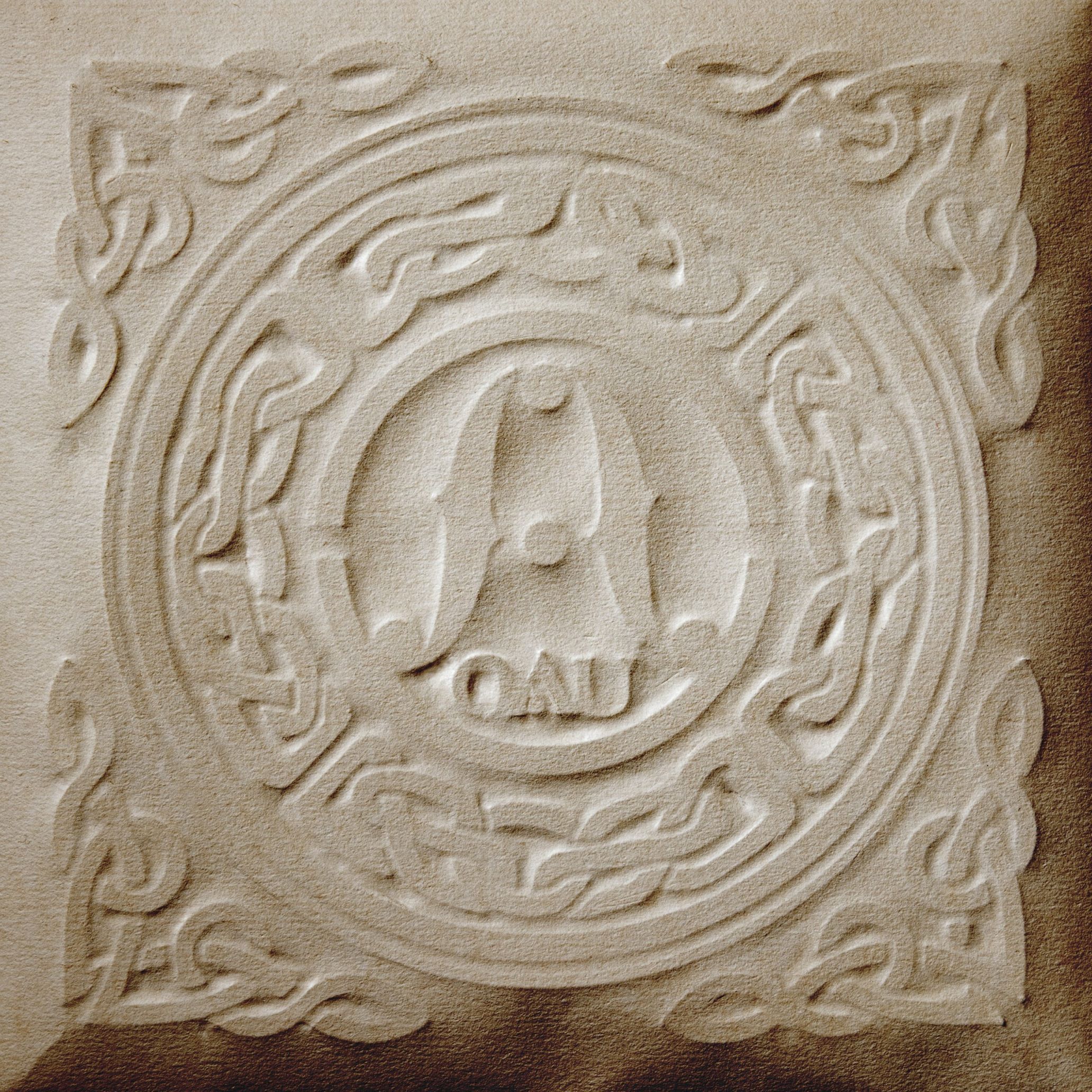
■New Album『Tradition』
¥3,300
1. Old Road
2. -c’est la vie-
3. Yume no Tsuzukiwo
4. Time’s a River
5. Sekai wa Kawaru
6. Homeward Bound
7. Blackthorn’s Jig
8. Tsuki dakega
9. Whispers
10. Family Tree
11. Linden
12. This Song -Planxty Irwin-
13. Without You
14.Nastukashii Mirai
https://oau.lnk.to/tradition

